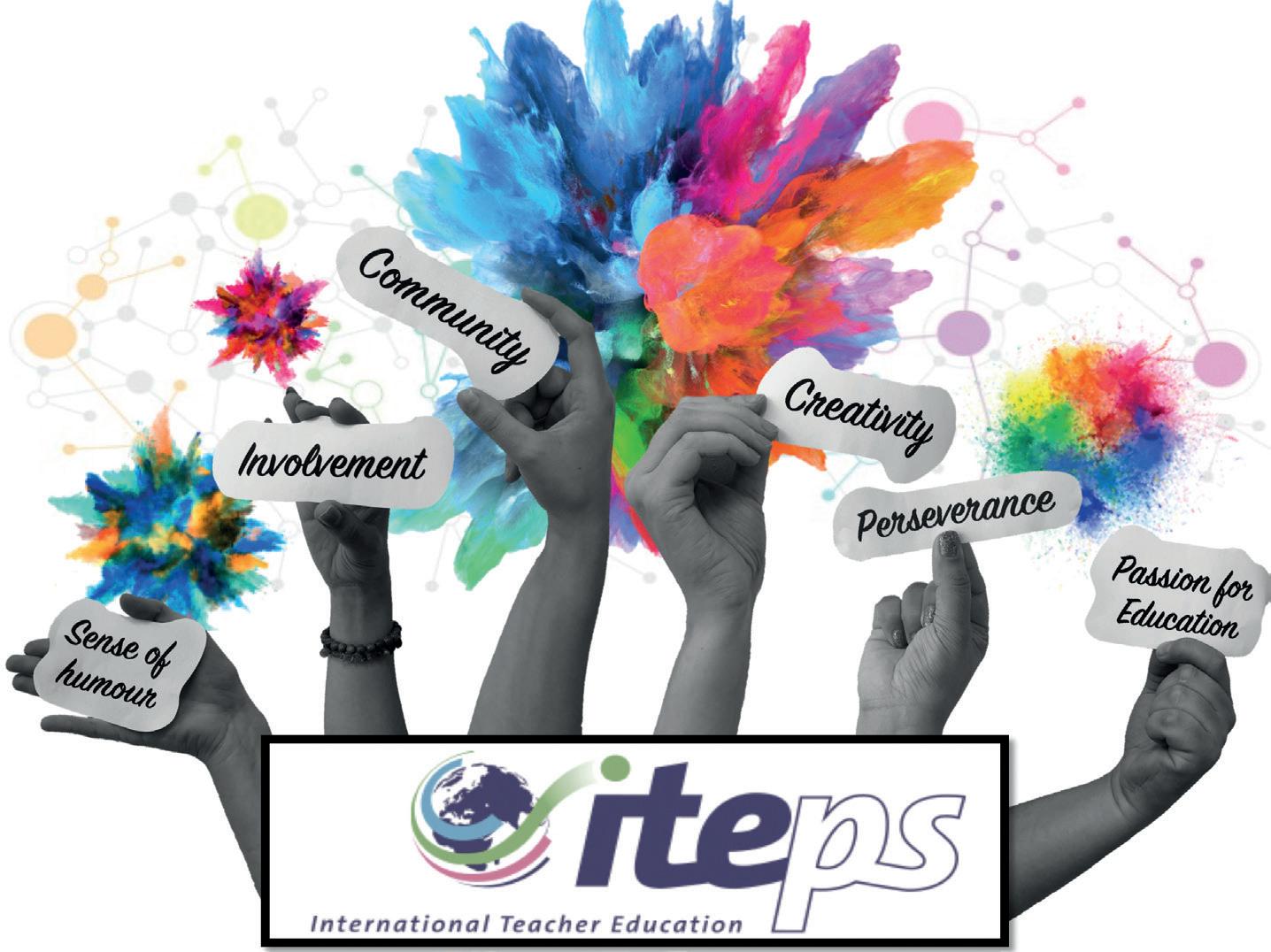Science matters
Nearly 30 ventures are looking to explore areas of ocean floor in international waters. operate in high-pressure, pitch-black conditions as much as 5km deep. Now, however, the technology is advancing to the point where a number of government and private companies are weighing up the potential for mines on the ocean floor. The environmental consequences of such mining need to be considered. The silt that will be stirred up as the ocean floor is scraped to collect these mineral-rich rocks poses a problem for life in the mining area, with one of the biggest concerns being the risk of seabed mining smothering marine life over a wide area. This gives particular significance to research taking place some 15km off the coast of Malaga, southern Spain. A prototype mining machine has been lowered to the
seabed and ‘driven’ by remote control. Cameras attached to the Apollo II machine record its progress and, crucially, monitor the clouds of sand and silt stirred up by its progress. Instruments are positioned nearby to measure how far these clouds are carried on the currents. This new technology is designed to help reduce the environmental effects of the mining and to help develop deep sea mining as a realistic prospect. The research is part of the European Union’s Blue Nodules project (https://blue-nodules.eu) and is highly relevant in the consideration of future possibilities. Nearly 30 ventures are looking to explore areas of ocean floor in international waters. Such ventures are regulated by a UN body, the International Seabed Authority (ISA). ISA has issued licences for exploration and is due to publish next year the rules that would govern future mining next. News of current projects and current discussion around the mining of the oceans highlight just how complex the issues actually are behind the seemingly straightforward statement that ‘we must go carbon-neutral’ by a given future date. Dr Richard Harwood is an education consultant (scientific and international education). Email: rickharwood@btinternet.com
Forthcoming Conferences January 30–31, COBIS Conference for Bursars, Business Managers and HR Staff, London, UK. February 15–16, COBIS Early Years Conference, Shanghai, China. March 6, COBIS/AISA Child Protection for International Schools, Nairobi, Kenya. March 6–8, Teacher Skills Forum, Amman, Jordan. March 12–14, Fieldwork Education International Curriculum Conference (2020), Ho Chi Minh City, Vietnam. March 17–19, IB Global Conference, Bangkok, Thailand. March 25–28, ECIS PE Conference, Amsterdam, Netherlands. March 26–28, EARCOS Teachers’ Conference, Bangkok, Thailand. April 24–25, ECIS Leadership Conference, Madrid, Spain. May 9–11, COBIS Annual Conference, London, UK. • If you would like your events listed here, please email jonathanbarnes@johncatt.com
Spring |
Autumn
38
| 2020

























